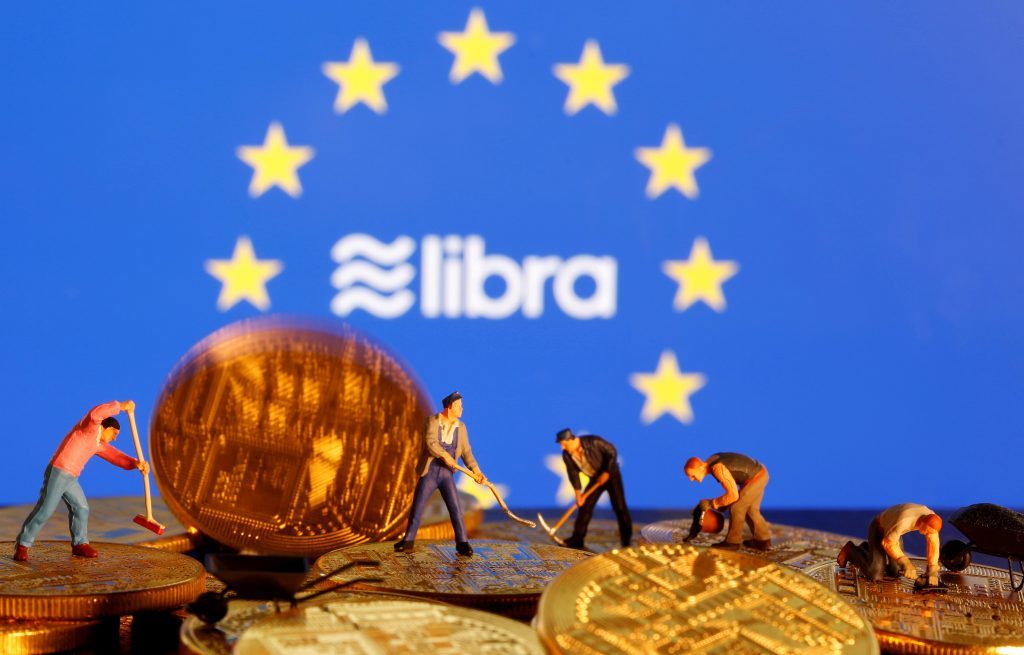 Facebook removed ads identifying the Ukraine whistleblower by name after hundreds of thousands of users had already seen them, The Washington Post reported Thursday.
Facebook removed ads identifying the Ukraine whistleblower by name after hundreds of thousands of users had already seen them, The Washington Post reported Thursday.
The tech giant is facing criticism for the decision, which came in response to a query from the Post asking why Facebook had not yet removed the ads naming the CIA official , whose identity is protected by the federal government, the Post reported .
“Any mention of the potential whistleblower’s name violates our coordinating harm policy, which prohibits content ‘outing of witness, informant or activist,’” Facebook spokesman Andy Stone told the Post.(Article Continues Below Advertisement) “The ads, in which the supposed name of the whistleblower appeared, were viewed several hundred thousand times before Facebook removed them Wednesday in response to a query from The Post.” #bergwritingformedia
— daverdman (@daverdman) November 8, 2019
North Carolina businessman Tim D’Annunzio, who operates a page aimed at Christian users, funded the ads, according to the Post.
Andrew Bakaj, one of the whistleblower’s attorneys, told the Post that Facebook has a responsibility to protect “those who lawfully expose suspected government wrongdoing.” (Article Continues Below Advertisement) Sponsored Content
“This is particularly significant in this case where I have made it clear time and time again that reporting any suspected name for the whistleblower will place that individual and their family at risk of serious harm,” Bakaj told the Post.
“To that end, I am deeply troubled with Facebook seeking to profit from advertising that would place someone in harm’s way.This, frankly, is at the pinnacle of irresponsibility and is intentionally reckless,” he continued.
Former State Department official and 2014 whistleblower John Tye said the ad may have been “illegal,” the Post reported.
“If the ads are meant to intimidate and harass and threaten people, that would be wrong, and it might be illegal,” Tye told the Post.“Certainly, if it were being commercialized, getting paid to participate in that would be wrong.” Still completely reeling at the fact that the name and face of a former NSC staffer being accused by Republicans of being the Ukraine whistleblower were in active Facebook ad campaigns until I asked the company about it yesterday.https://t.co/m5hOUev9V4 pic.twitter.com/WbqdEbTD35
— Ryan Broderick (@broderick) November 7, 2019
Facebook has come under severe scrutiny in recent weeks for its political ad policy, which allows political ads to be posted to Facebook without being fact-checked by an independent source.
The policy was brought up during a House Financial Services Committee hearing regarding Facebook’s Libra cryptocurrency plan.
“Our policy is that we do not fact check politician’s speech.
… We believe that in a democracy it is important that people can see for themselves what politicians are saying,” the Facebook founder said during the hearing in response to a question from House Financial Services Committee Chairwoman Maxine Waters, a California Democrat.
Content created by The Daily Caller News Foundation is available without charge to any eligible news publisher that can provide a large audience.For licensing opportunities of our original content, please contact [email protected] Wake up Right! Subscribe to our Morning Briefing and get the news delivered to your inbox before breakfast! Sponsored Content.
